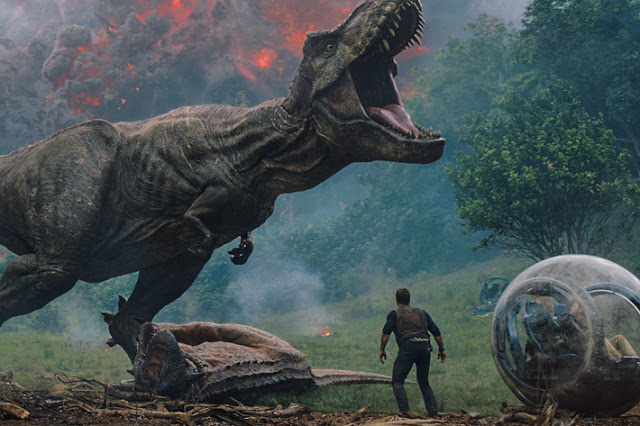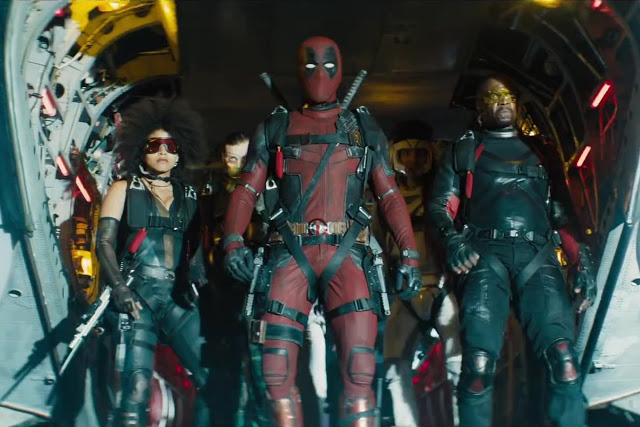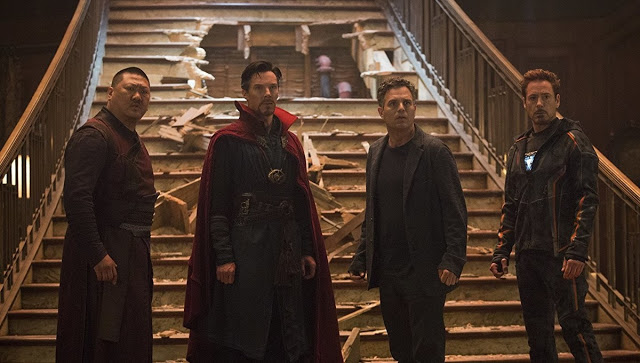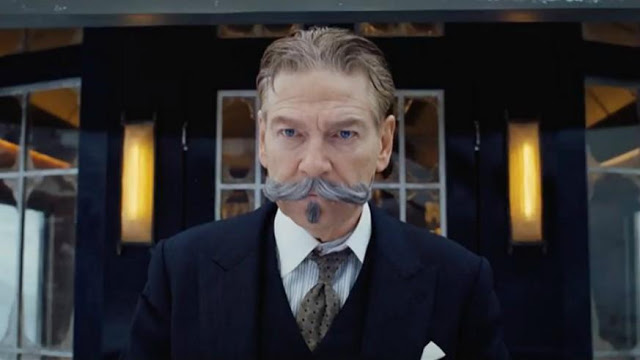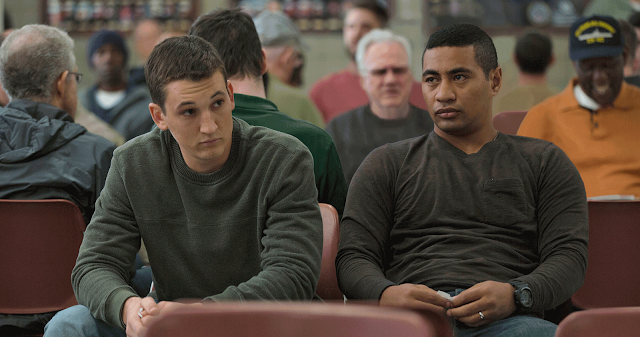Jurassic World: Fallen Kingdom: Terrible Lizards for Hire? Dino-Mite!
The only thing harder than cloning intelligent life, it appears, is cloning intelligent movies. Jurassic World: Fallen Kingdom is the latest failed attempt to replicate the wonder and the horror of Steven Spielberg’s Jurassic Park, that quarter-century-old landmark that brilliantly married new-age special effects with old-school filmmaking craft. Fallen Kingdom, with its toothy lizards and toothless people, takes place in the present day, but it feels like it’s an entire geological era removed from the original film; in fact, it expends little effort trying to even resemble a good movie. Instead it recognizes its role in the contemporary blockbuster landscape: to supply a steady stream of loud, reasonably coherent set pieces in which fearsome dinosaurs do battle with one another and occasionally pause to munch on the hubristic humans who are either too foolish or too unlucky to get in their way.
As with many forgettable and unpretentious movies, Fallen Kingdom aspires to be labeled “dumb fun”. It’s dumber than most. Where its predecessor, the uneven but not unentertaining Jurassic World, envisioned Michael Crichton’s theoretical theme park as finally becoming a commercial reality—a tourist mecca that attracted throngs of imbeciles who thought peeking at prehistoric man-killing monsters from behind six inches of glass qualified as a vacation hot spot—Fallen Kingdom considers the aftermath of its collapse. A volcano is now set to erupt on Isla Nublar, the fictional island that hosts the now-ruined park, thereby imperiling the many dinosaurs who still thrive there ever since humanity fled in a mass panic. This pending natural disaster engenders a spirited political debate, the kind with Senate hearings and grim newscasts. Ian Malcolm (Jeff Goldblum, returning for just a few pointless scenes) deems the volcano a critical evolutionary corrective, and he urges the American government to live and let die. (You might call his approach, “Death finds a way.”) But Claire Dearing (Bryce Dallas Howard), who has apparently changed careers from middle manager to conservationist, pleads with reclusive billionaire Benjamin Lockwood (James Cromwell) to transport the not-so-terrible lizards to a safe haven, where they can roam and roar in peace. Read More

